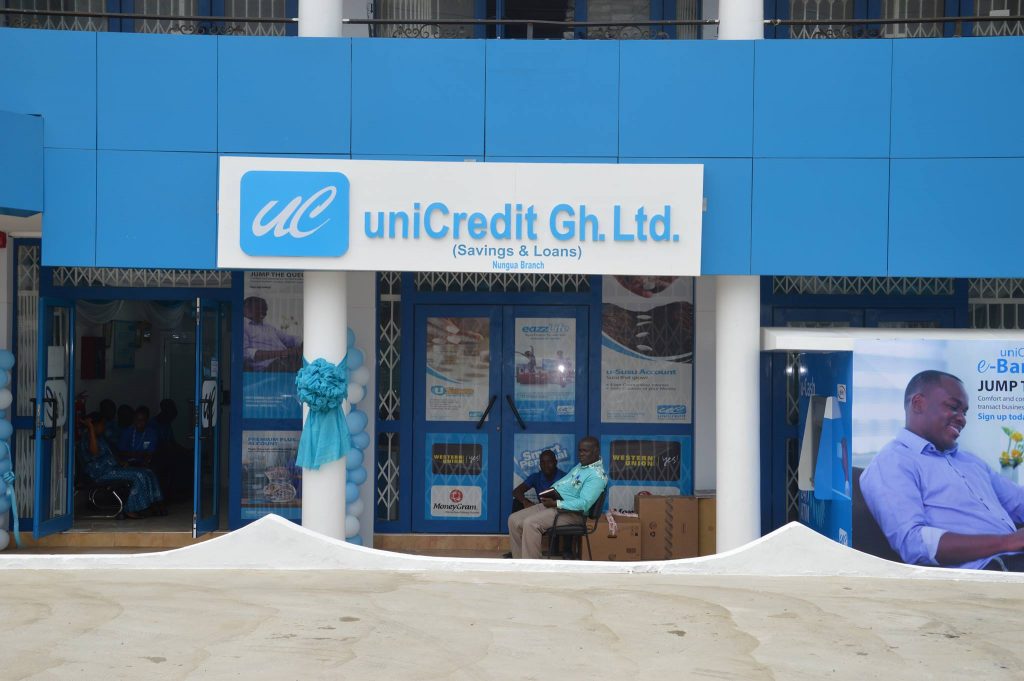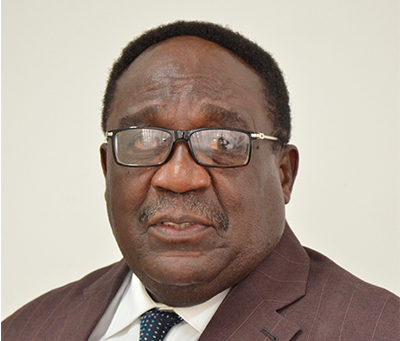The Chief Executive Officer of Produce Buying Company (PBC), Kofi Owusu Boateng, has outlined some of the crippling financial constraints that have culminated in a protest by workers of the company.
Among other things, Mr. Boateng said the company has “about GHC185 million” locked up in savings and loans companies.
On Eyewitness News, he confessed that this was “monies we don’t hope to recover.”
On top of this, the money locked up was the product of loans from some banks, he said.
“We took other facilities from commercial banks and invested them in savings and loans…So at a point in time, PBC was paying about GHC200 million interest on loans we had collected all because of mismanagement and poor management decisions.”
Hundreds of workers of PBC besieged the company’s headquarters at Dzorwulu in Accra on Tuesday to register their displeasure over what they described as the poor management of the company.
They lamented about their working conditions which they described as appalling saying salary delays were consistent.
Some of the workers who spoke to Citi News called on the government to act swiftly to address their concerns.
They also accused the current management of being “short of ideas and lacking vision and foresight.”
Mr. Boateng speaking on Eyewitness News said he took over as CEO in 2017, the legacy debt he came to meet was about GHC650 million “and if you have this debt, no bank is prepared to give you money.”
In addition, he said PBC was spending GHC15 million on servicing bank loans.
These financial constraints mean PBC cannot fulfill its mandate as a Licensed Buying Company (LBC) which partakes in the internal marketing of cocoa as its core business.
“The only means by which we drive growth is through funding… our core business is to buy the cocoa and if you don’t have that money, you can’t do anything.”
When Mr. Boateng assumed office as CEO, he said he wrote to the Senior Minister requesting a forensic audit, which was eventually carried out and the report submitted to the Economic and Organised Crimes Office (EOCO).
The report highlighted “mismanagement, misapplication of funds and some internal leakages in the company,” the CEO recalled.
“So the problem of PBC is not government’s making. It is self-inflicted. That was what I saw when I took over.”
‘Unwarranted projects’
Also contributing to PBC’s struggles are what Mr. Boateng described as “unwarranted projects”.
One of these projects included a venture into hotel management.
“We entered into hospitality where we built the Golden Bean hotel and since we built the hotel, we have been running at a loss but we borrowed money to build that hotel. We took a short term facility to undertake a long term project.”
The initial budget for the hotel was GHC10 million but the company ended up using GHC42 million for the hotel “without the board’s approval,” according to Mr. Boateng.
There are also lapses in PBC’s ventures into the shea nut industry.
The company apparently bought machines meant for groundnut processing instead of she nut processing.
This led to the initial $576,000 cost increasing to $1.6 million to address the mistake with the retooling of the old parts.
“We bought machines which instead of being for shea nuts, we bought groundnut machines and then we installed them… For three years they bought nuts, they became rotten and we had to write it off,” Mr. Boateng said.




















